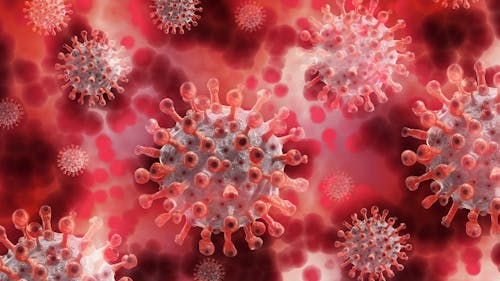Rutgers researchers receive $443,000 from NIH to create coronavirus breath test

A team of Rutgers researchers received a $443,000 grant from the National Institutes of Health to develop a breath test for the coronavirus disease (COVID-19) and other infectious diseases, according to a press release.
The recipients are principal investigator Edward DeMauro, an assistant professor in the Department of Mechanical and Aerospace Engineering, German Drazer and Hao Lin, professors in the Department of Mechanical and Aerospace Engineering, and Mehdi Javanmard, an associate professor in the Department of Electrical and Computer Engineering.
The goal of their project is to create a breathalyzer prototype that is easy to use and non-invasive for diagnosing COVID-19 and other respiratory diseases, including for any future pandemics, DeMauro said, according to the release. They will work under the guidance of the Rutgers HealthAdvance Fund.
“I have a (4)-year-old daughter, and I can get her to breathe into a device like the one we are developing,” DeMauro said. “There are plenty of existing tests, including Rutgers’ saliva tests, that are also minimally invasive. And for reopening large venues, we also want to get results quickly at the point of administration.”
Preliminary data suggests the device will be able to provide test results in 10 minutes, he said, according to the release.
It will also use a sensor that was previously developed by Javanmard at Rutgers, Drazer said, according to the release.
“We had the expertise for a filtration system based on capturing particles in liquid columns and thought we could use similar ideas for capturing aerosol particles from exhaled breath,” Drazer said. “These would be the droplets present in a person’s breath that can infect other people.”
The researchers expect to have a presentable prototype in two years, according to the release.
“As mechanical and aerospace engineers, we often work on products that not necessarily see the immediate light of day, and we don’t necessarily have the opportunity to help people directly, like our own children, disabled people or the average persons like my mother who have had to sit at home during the pandemic,” DeMauro said. “This award allows us to work on a product that will help improve people’s lives and bring us closer to resuming our normal activities.”



